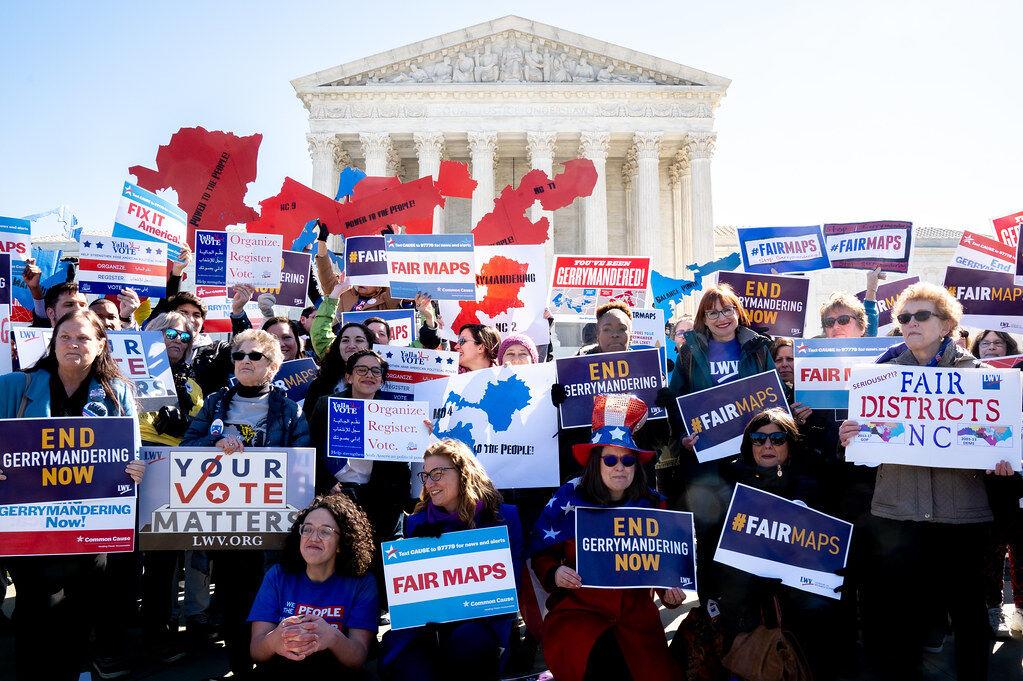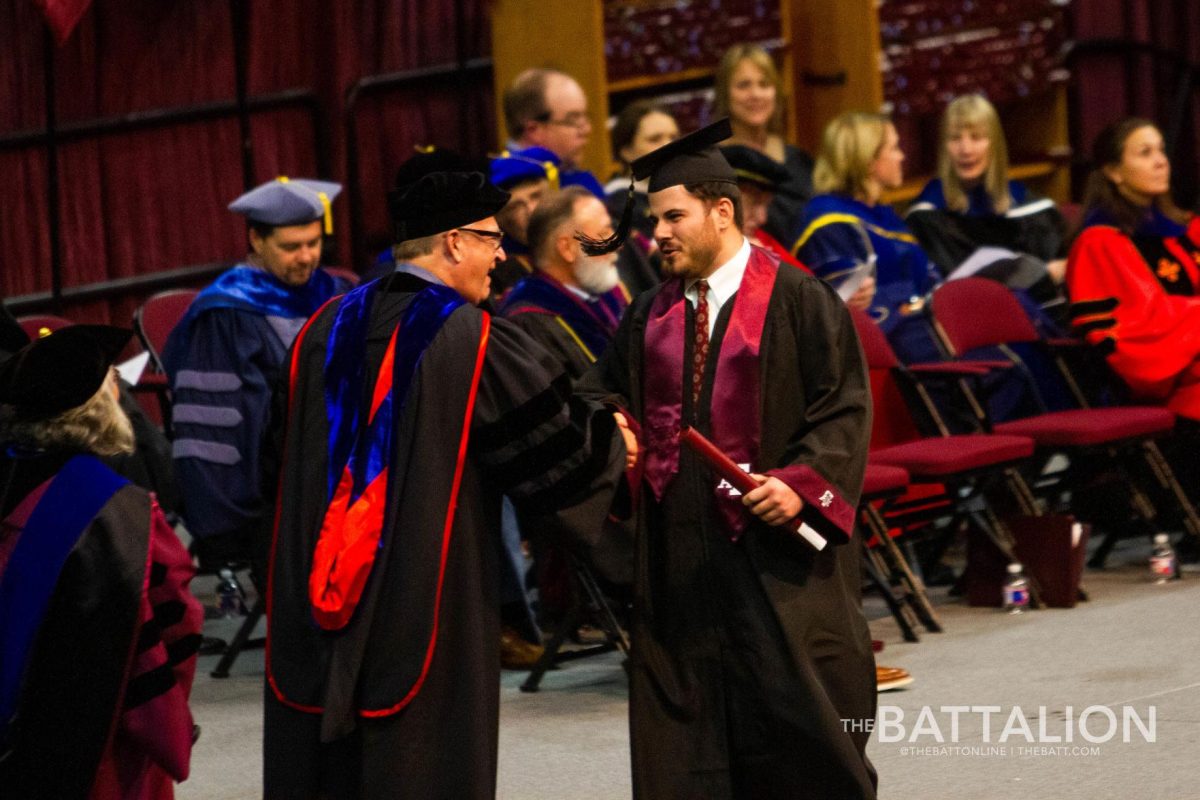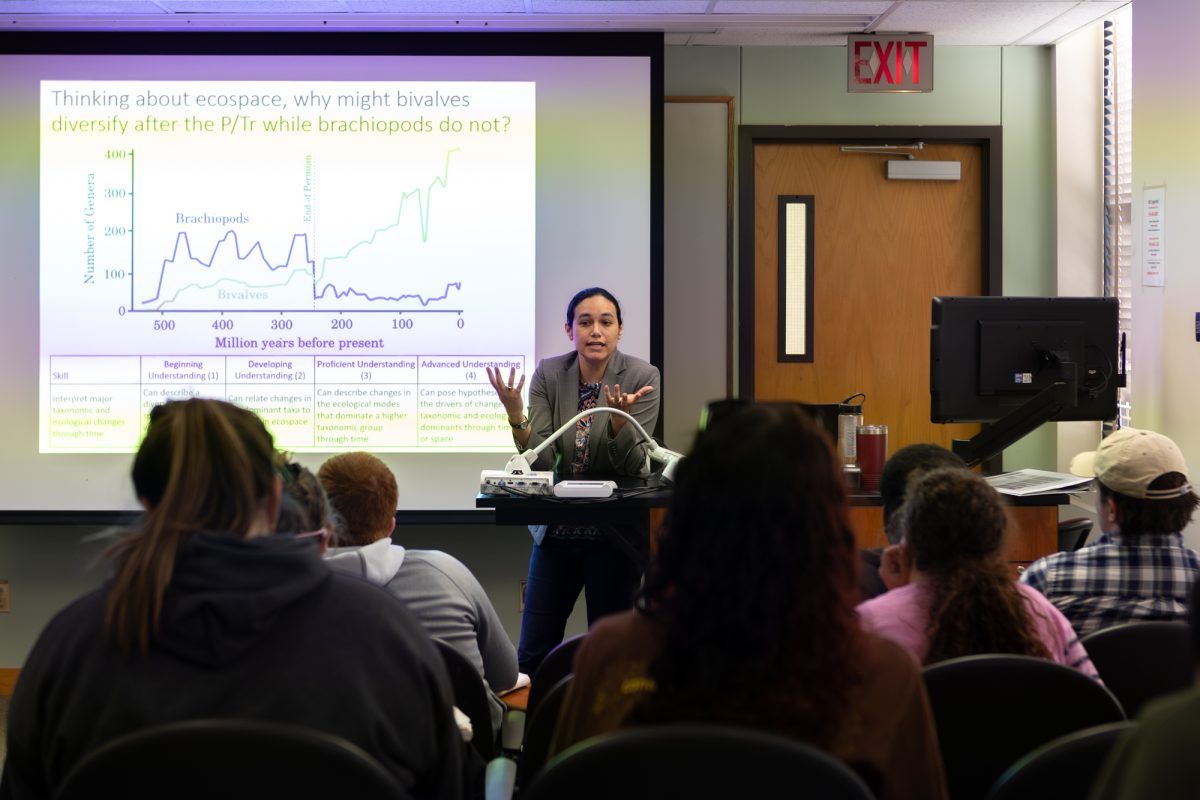Since its inception, people have always looked down upon the term gerrymandering, which describes the act of politicians dividing the electorate in ways that are beneficial to them. Accordingly, it is very easy to come to the conclusion that gerrymandering is a disgraceful practice, and that we, as a society, must actively try to prevent it. Sounds easy enough.
Reality isn’t that simple. The problem that confronts any state legislature redrawing congressional maps is how to best divide the state. Certain general principles have already been established, such as making every district roughly equal in population, or having every district be contiguous, but after that, each decision is rather subjective.
After the 2020 U.S. Census, Texas gained two more congressional districts. As usual, after the new congressional map was drawn, people started to yell foul play. Last December, the U.S. Department of Justice announced it was going to sue the state of Texas over its newly drawn map claiming that it discriminates against certain racial groups. The underlying assumption of such claims is that specific races all vote the same way, and that race in some way determines political views.
Although certain demographic groups tend to vote a particular way, it must always be remembered that correlation is not causation. People are too often placed into rigid categories and then dismissed. Take our political divisions as an example. Just because somebody votes Republican doesn’t mean that they want closed borders and laissez-faire capitalism, while anybody who votes Democrat wants open borders and socialism. Each individual is unique, and has their own experiences and opinions. Therefore, this sort of division is arbitrary and simplistic.
The truth is there is no easy way to draw these boundaries. No matter what criteria is used, there will always be somebody who feels slighted. The very nature of our republican form of government makes it impossible for each and every citizen to be accurately represented, regardless of how the congressional maps look. One man or woman cannot be expected to represent all of their constituents who all have different and sometimes contradictory views. The only solution is to find the most fair and equitable division.
Instead of looking at people solely through demographic lenses — such as race, religion or sex — why not form congressional districts around geographical regions? Instead of drawing districts in weird shapes across different areas, we should be drawing them to include and represent individual communities in a geographical area.
These communities would comprise a diverse set of people who all have unique backgrounds but live and work in similar areas. There will inevitably be differences within these districts concerning individual circumstances, but the idea is the majority all share a similar way of life.
To illustrate the point, just look at Texas’ 28th Congressional District. The district runs all the way from San Antonio to the U.S.-Mexico border, with an oddly shaped section connecting the two geographical regions. Being from that district myself, and living around the San Antonio area, it puzzled me as to why our congressional district went all the way down to the border.
Wouldn’t the district be more representative of my community if it was composed of the surrounding counties? It seemed odd that the rural area I came from was grouped in with such a large city like San Antonio, and not with the vastly rural counties adjacent to us. It seemed to me that my community would be better represented if our district was a conglomeration of areas that shared a common general culture and lifestyle, and not just a collection of people who fit into a demographically diverse group.
If our congressional districts were to reflect the various cultures and lifestyles found across our state, each group would be represented. The best way to do that is by drawing districts based on geography, not demographics. Subjective choices will have to be made, and there will inevitably be conflict. All we can do is try to find the best solution. If we have to divide ourselves for the purpose of representation, let us not divide ourselves on the basis of arbitrary demographic data, but on the way we live in our communities. That would allow our elected officials, each representing regional cultures, to work together and use our diversity for the common good.
Ty Pargmann is a history sophomore and opinion writer for The Battalion.



























